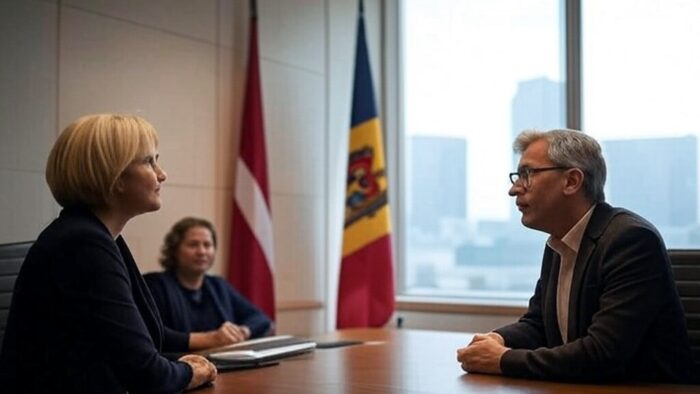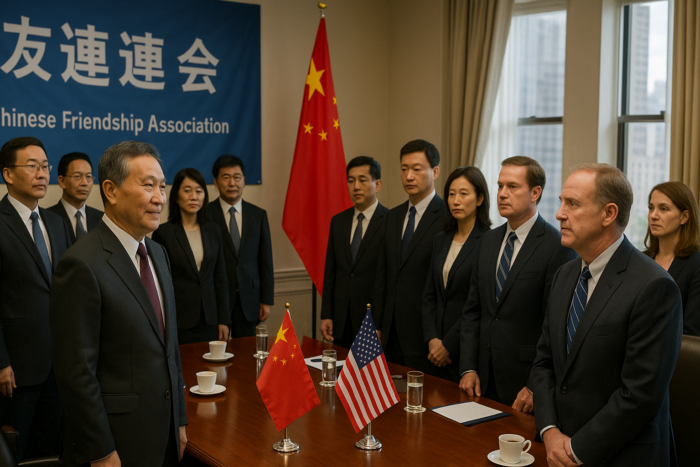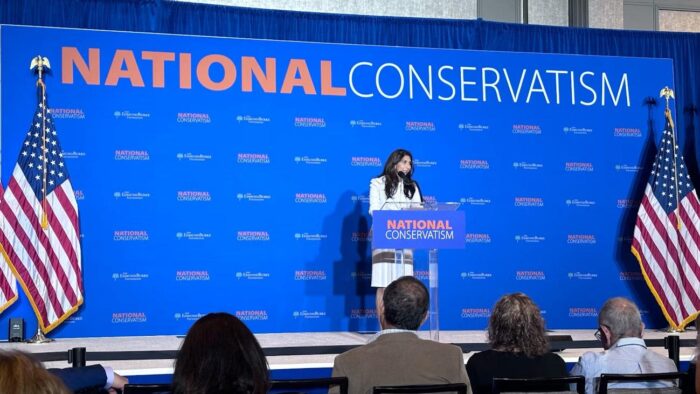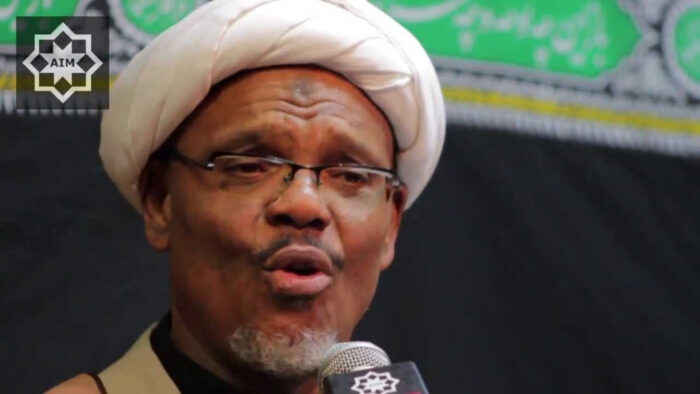On 31 March 2025, The Parliament Magazine reported that European politics is experiencing a significant rightward shift, with self-described centrist parties increasingly adopting positions previously associated with far-right groups. The article begins:
As European democracies get increasingly harder to govern, finding their political centre has become a wild goose chase at best — and a mythical quest at worst. This dilemma is particularly acute in Germany, where the concept of “centrism” looms large in political discourse. Extremism tore the country, and Europe, apart, making moderation an attractive antidote to any ideological disease that might threaten the democratic body politic. It helps explain why three of Germany’s establishment parties — the Christian Democratic Union (CDU), the Social Democratic Party (SPD) and the Free Democratic Party (FDP) — all proudly lay claim to the “middle.” A fourth, the Greens, got their start as dogmatic idealists, but they climbed to power as pragmatic realists. Such reverence for a middle way, however, has not insulated Germany from the polarisation and fragmentation that has taken hold across European democracies…
Key Points:
- Germany’s presumptive Chancellor Friedrich Merz has moved his Christian Democratic party closer to far-right positions on migration and security issues.
- European Commission President von der Leyen claimed “the centre has held” while adopting far-right policies like “return hubs” for deportations.
- Since the pandemic, trust in governments has decreased, particularly among the unemployed and those outside the traditional labor market.
- Self-described centrist leaders across Europe are increasingly implementing restrictive migration policies that may violate international and EU law.
The Global National Conservative Alliance (GNCA) represents a political movement that unites right-wing and far-right factions worldwide under the banners of national sovereignty, cultural preservation, and opposition to global governance. By rejecting liberal internationalism and globalist economic policies, national conservatism promotes protectionism, strict border control, and traditional social values. This shift marks a break from the free-market ideals of Reagan-era conservatism, aligning instead with populist nationalism. The GNCA’s National Conservatism Conferences serve as pivotal events, strengthening ties between European far-right leaders and American conservatives, including former Trump administration officials.
Disclaimer: The GIOR utilizes AI to generate summaries of news items, including the introduction and the key points that follow. Any text following the key points is context added by GIOR editors. Please verify all information before using. Images are also AI-generated and are for illustrative purposes only—they are meant to represent the events or individuals concerned but should not be understood as “real-world” photography.












